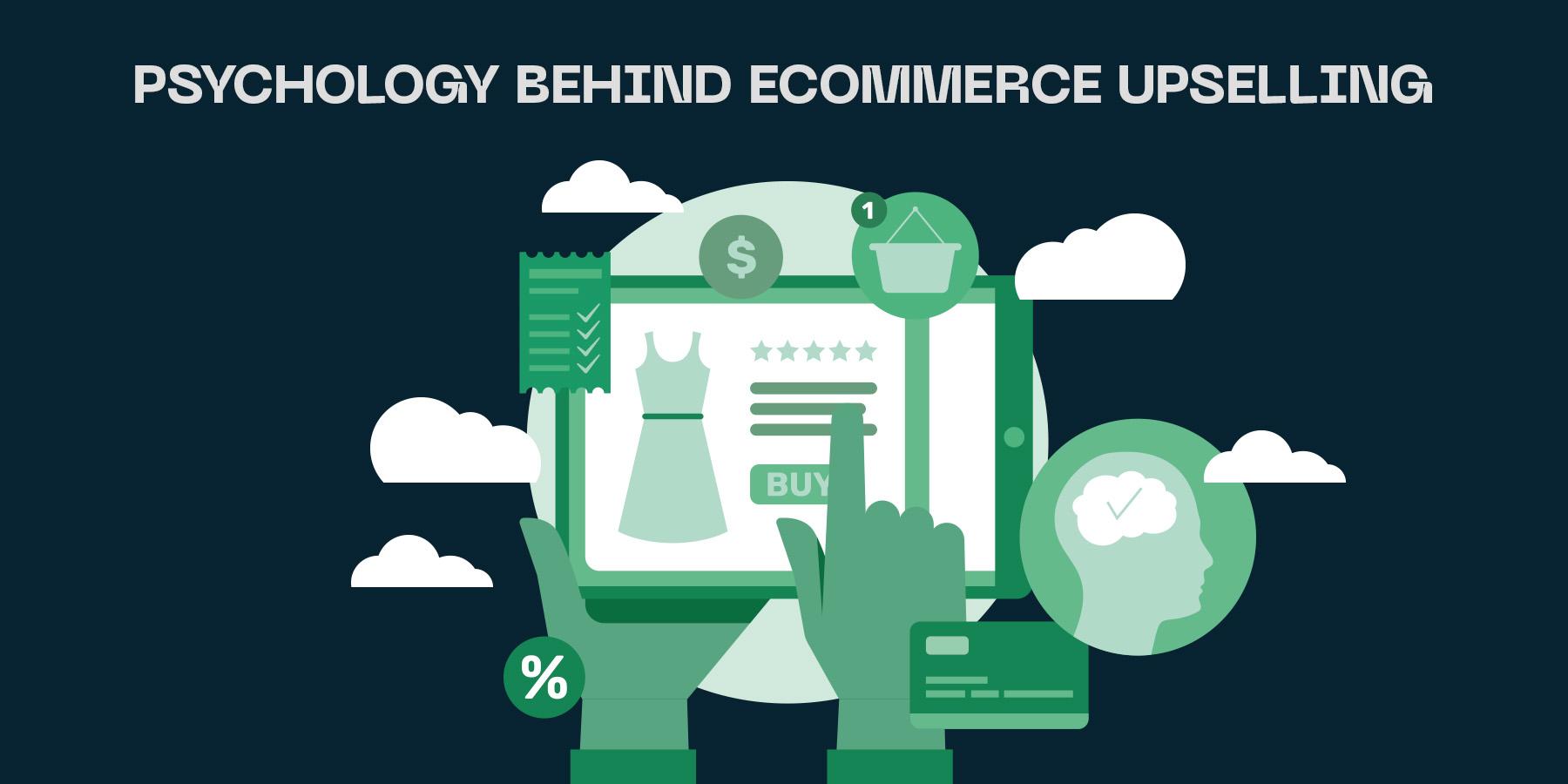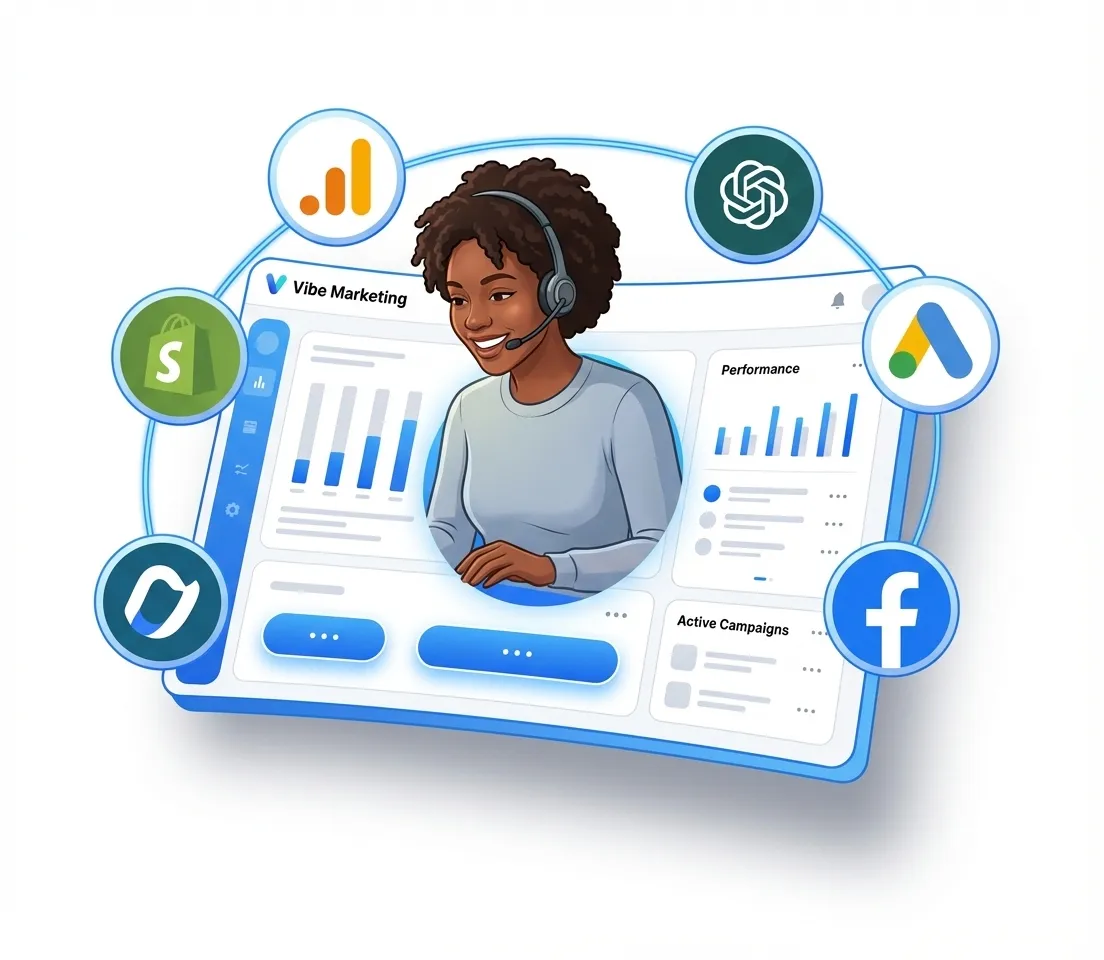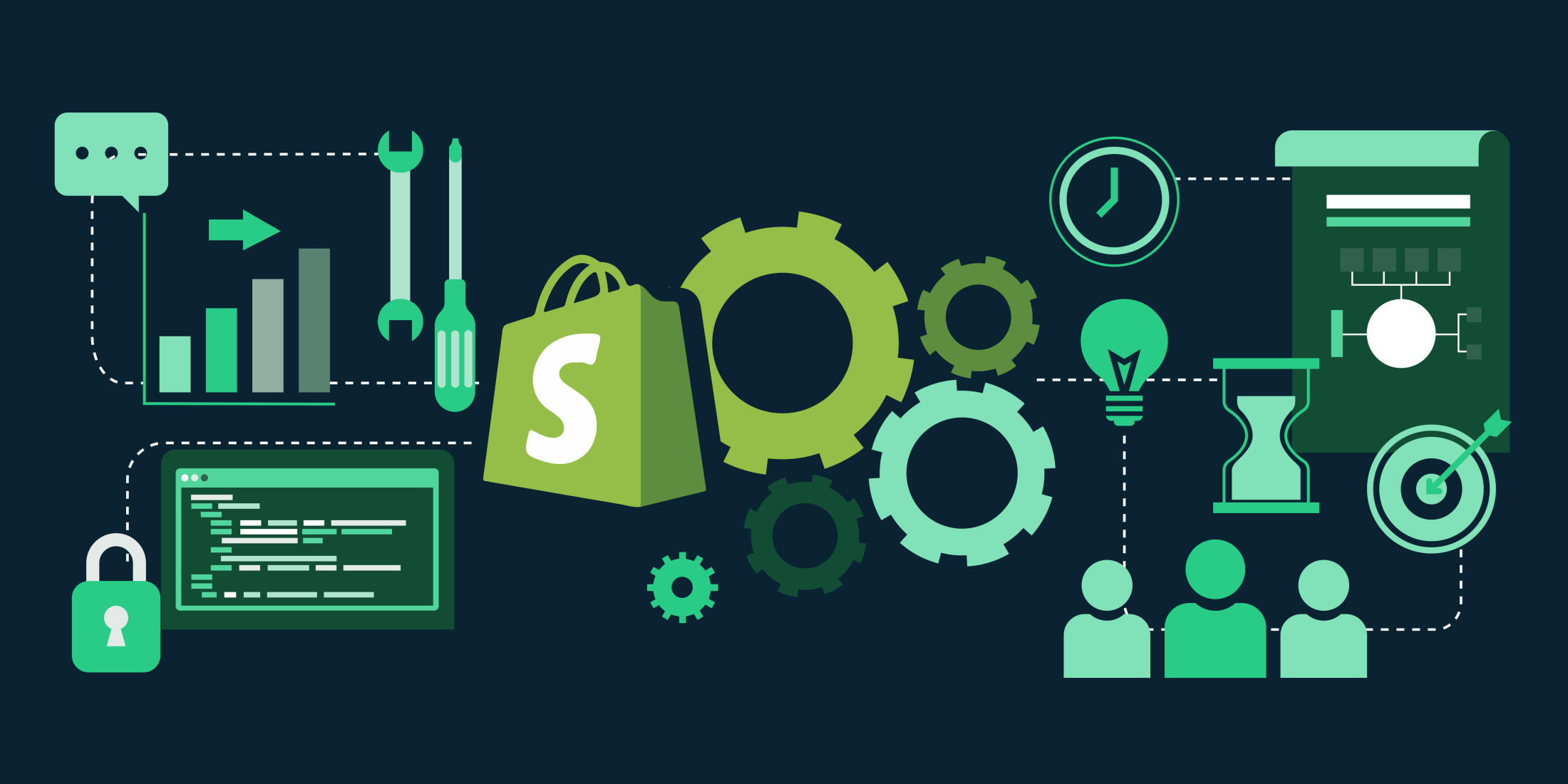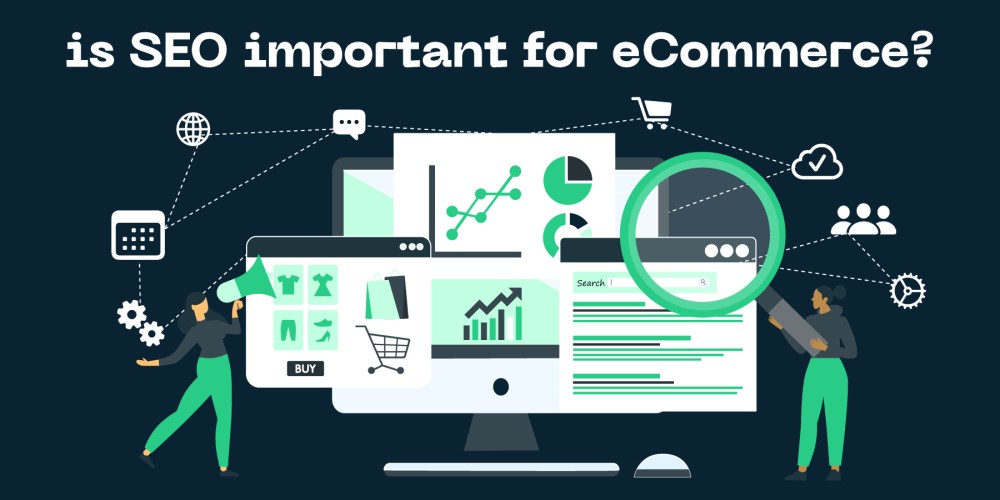eCommerce Upselling: Psychology Behind #1 Selling Strategy

Understanding Ecommerce Upselling
Definition of Ecommerce Upselling
When it comes to boosting your ecommerce store’s sales, one strategy that can prove to be incredibly effective is upselling. In essence, ecommerce upselling is the process of convincing your existing customers to purchase a higher-end product or service than the one they were initially considering. This typically involves highlighting the additional benefits and features that the more expensive item offers.
Upselling essentially capitalizes on a customer's willingness to make a purchase and urges them to spend a little more for a better or more comprehensive product or service. This can significantly increase the average order value and turn a modest purchase into a substantial one. Moreover, it also provides a great opportunity to showcase your more high-end products and their unique selling points.
However, to effectively implement ecommerce upselling, it's crucial to understand the psychology behind it. The key here is to highlight the added value the customer will receive by spending a bit more. Often, this involves understanding and catering to their wants and needs, and presenting the higher-priced item as not just an indulgence, but a pragmatic and ultimately more beneficial choice. Effective upselling can thus be a win-win situation, where customers feel they are getting more value for their money, and businesses boost their bottom line.
Importance of Ecommerce Upselling
Understanding the importance of eCommerce upselling is crucial to enhancing your store’s overall sales performance. Upselling is a marketing technique where you encourage customers to purchase a higher-end product, an upgrade, or an add-on in order to make a more profitable sale. The strategy not only works to boost your revenue but also aids in building a deeper relationship with your customers. When done correctly, upselling can transform a one-time buyer into a loyal, returning customer.
Upselling is a powerful tool that leverages the simple psychology of human purchasing behavior. Customers are generally more open to suggestions after they’ve made the decision to purchase. By presenting them with an upgrade or an additional item that complements their purchase, you appeal to their inherent desire for better value and satisfaction. This not only increases your average order value but can also fuel customer retention and loyalty.
It’s important to approach upselling strategically. This means understanding your customer’s needs and wants, and recommending products that truly enhance their experience. Pushing irrelevant, expensive items can backfire and lead to customer dissatisfaction. Instead, successful upselling should be customer-centric, improving their overall shopping experience while simultaneously increasing your sales.
The Psychology Behind Ecommerce Upselling
Principles of Upselling
Upselling is a strategic effort utilized by ecommerce stores to increase the value of the customer's purchase. Essentially, upselling encourages customers to buy a higher-end product or add-on to enhance the product they are already interested in. The psychology behind upselling is rooted in the principle of perceived value. When customers perceive that they're getting more value for only a little additional cost, they are likely to spend more.
The principle of reciprocity also plays a crucial role in upselling. This concept suggests that when you provide something of value to your customers, they are likely to reciprocate by purchasing more from you. In the context of ecommerce, providing high-quality products, excellent customer service, or helpful product information can prompt customers to reciprocate by agreeing to the upsell.
Another principle worth understanding is the anchoring effect. This psychological principle suggests that customers rely heavily on the first piece of information offered (the "anchor") when making decisions. In ecommerce, this might be the first price they see for a product. Therefore, by showing a higher priced item before the upsell, you can make the upsell seem like a more attractive, less expensive option to your customers.
How Psychology Influences Consumer Behavior
Understanding the psychology behind consumer behavior is crucial in creating effective ecommerce upselling strategies. Psychology plays a significant role in influencing consumer behavior, which in turn determines the success of your upselling efforts. It aids in comprehending the triggers that influence potential buyers' decisions to add more items to their shopping cart. By leveraging these psychological triggers, you can effectively upsell your products and significantly increase your ecommerce store's conversion rate.
One fundamental psychological concept at play in ecommerce upselling is the theory of 'Perceived Value'. This theory suggests that consumers are more likely to purchase a product if they perceive its value to be greater than its cost. Presenting products in a way that enhances their perceived value can motivate customers to add more items to their cart. For instance, showcasing a higher-priced item before a lower-priced one can make the latter seem like a deal, nudging the customer to make additional purchases.
Another essential psychological concept at work in ecommerce upselling is the 'Fear of Missing Out', or FOMO. This principle suggests that consumers are driven by a desire not to miss out on opportunities. Using limited-time offers or showcasing the popularity of a product can create a sense of urgency, compelling customers to buy more. Understanding these psychological principles and using them to your advantage can significantly enhance your ecommerce upselling strategies.
Implementing Data Analysis and AI in Ecommerce Upselling
Role of Data Analysis
The role of data analysis in implementing AI and upselling in ecommerce cannot be understated. Data analysis provides invaluable insights into customer behavior, preferences, and buying patterns. When properly utilized, these insights can drastically improve an ecommerce store’s upselling strategy. It’s about understanding the psychology behind each purchase and using this knowledge to effectively upsell. This, in turn, drives increased revenue and improved customer satisfaction.
AI can play a significant role in analyzing this data. The sheer volume of data that an ecommerce store can accumulate is often too overwhelming for manual analysis. AI, with its machine learning capabilities, can sort through this data, identify patterns, and provide actionable insights. This allows for a more refined, targeted approach to upselling. For instance, the data might reveal that customers who purchase a certain product often buy another related product. By recognizing this pattern, an ecommerce store can suggest the related product as an upsell at the checkout page, thereby increasing the chances of a sale.
A well-crafted data analysis strategy, coupled with the effective use of AI, can thus revolutionize your ecommerce upselling efforts. It brings about a deeper understanding of customers, enables personalized upselling strategies, and ultimately drives higher conversion rates. Therefore, it is crucial for ecommerce store owners and marketers to invest time and resources in data analysis and AI.
Benefits of AI in Upselling
One of the primary benefits of integrating AI technologies into ecommerce strategies is the significant enhancement in upselling opportunities. AI allows you to understand your customers on a deeper level, by analysing their browsing patterns, purchasing history, and preferences. This rich reservoir of data can be used to create highly personalised product recommendations, promoting higher priced items or additional products that complement the ones your customers are already interested in. Such personalised recommendations can increase conversion rates dramatically, as customers are more likely to engage with suggestions that resonate with their personal needs and preferences.
AI-driven data analysis not only optimises upselling strategies, but also keeps them dynamic and adaptable. As consumer preferences change over time, AI systems can track these shifts and adjust recommendations accordingly. This ensures that your upselling strategies always remain relevant and effective, thereby fostering long-term customer engagement and loyalty. What’s more, with AI, you can automate the upselling process, saving valuable time and resources that can be invested in other crucial areas of your business.
Beyond these benefits, the use of AI in upselling also facilitates a smoother and more enjoyable shopping experience for your customers. By predicting their needs and offering relevant suggestions, AI can help in reducing the decision-making fatigue often associated with online shopping. This not only increases the likelihood of immediate conversions but also contributes to a positive overall brand experience, encouraging customers to return in the future. In essence, implementing AI in your upselling strategies not only benefits your bottom line, but also enhances your brand's reputation and customer relationships.
Strategies to Optimize Your Upselling Efforts
Personalized Recommendations
Understanding Personalized Recommendations
Personalized recommendations are incredibly powerful when it comes to upselling, leading to increased conversion rates and improved customer relationships. In essence, personalized recommendations are suggestions made by the ecommerce platform based on the user’s browsing history, previous purchases, and other user data. Instead of simply promoting high-margin products, you are offering items that the customer is likely to be genuinely interested in.
Optimizing Personalized Recommendations
There’s also a psychological component to consider. When a customer sees a product that aligns with their interests, it creates a sense of connection. It gives the impression that the ecommerce store understands their needs and preferences, which can lead to increased trust and brand loyalty. To optimize your personalized recommendations, it’s crucial to constantly analyze and update your user data. This allows you to adjust your recommendations based on changing customer behavior and preferences. Thus, personalized recommendations are not just a marketing strategy, but a tool for enhancing the overall shopping experience.
Bundling and Pricing Strategies
One of the most effective strategies to optimize your upselling efforts is through bundling and pricing. This involves offering several products or services as one combined package at a slightly discounted price. The bundled items are usually complementary, making it a no-brainer for the customer to purchase the package instead of individual items. This strategy plays on the simple psychology of customers wanting to get the best deal and the convenience of getting everything they need in one package, increasing the perceived value.
However, it’s important to note that how you price your bundled items significantly affects your upselling success. Pricing requires a fine balance. If priced too high, customers may opt for individual items instead. If priced too low, it might undermine the perceived value of individual products. Carefully consider the perceived value of each item in the bundle, the overall cost to you, and the price point that your target market would be willing to pay.
Another crucial point is to ensure transparency in your pricing. Customers appreciate knowing exactly what they are getting and how much each item in the bundle is contributing to the overall cost. By breaking down the cost and showing the savings they would make by buying the bundle, you can further encourage their decision to purchase. Therefore, leveraging bundling and pricing strategies can significantly increase your conversion rate and maximize your upselling efforts.
Case Studies of Successful Ecommerce Upselling
Case Study 1
The first case study revolves around a well-known ecommerce platform, Amazon. Amazon's upselling techniques are renowned for their effectiveness and simplicity. They use a simple psychology trick, presenting customers with products that are a slight upgrade to the one they are currently viewing. This method is often referred to as "Customers who bought this also bought...".
The success of Amazon's upselling strategy is largely due to the relevance of the products suggested. By recommending items that complement or enhance the product the customer is already interested in, Amazon increases the odds of the customer making an additional purchase. Furthermore, by suggesting higher-end products, the customer is subtly encouraged to spend more than they initially intended.
It's not just about suggesting random items, it's about understanding customer behavior, their needs, and their buying patterns. This is where the "simple psychology" comes into play. The way Amazon has mastered this technique is an excellent example for other ecommerce stores and marketers. By applying similar strategies, they too can increase their conversion rates and ultimately their sales.
Case Study 2
The second case study that we shall delve into revolves around the phenomenal success of Amazon, a powerhouse in the ecommerce industry. Amazon has ingeniously integrated upselling into their business model, thereby increasing their conversion rates exponentially. This is one success story that every ecommerce store owner or marketer can learn from.
Amazon’s Upselling Strategy
Amazon’s approach to upselling is unique and highly effective. They have a feature called "Frequently bought together", which appears just below the product details. Here, they recommend products that other customers have purchased along with the item in view. This is a clever strategy because it subtly introduces the customer to a higher-priced item that they may not have considered initially. Furthermore, it also gives the impression that they are getting a better deal by purchasing the additional suggested item.
Another ingenious move by Amazon is the "Customers who bought this item also bought" section. This section encourages customers to spend more by showing them what other people have bought. It works because it makes the customer feel that they are missing out on something that others are benefiting from. This psychological trick, known as FOMO (Fear Of Missing Out), actively encourages upselling.
By using such tactics, Amazon has not only managed to increase their sales but also improved the customer experience on their platform. Customers feel like they are getting a better deal and are more likely to make additional purchases. This case study is a perfect example of how understanding the simple psychology behind ecommerce upselling can reap huge rewards.



